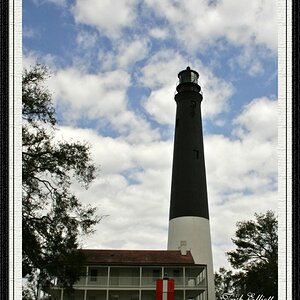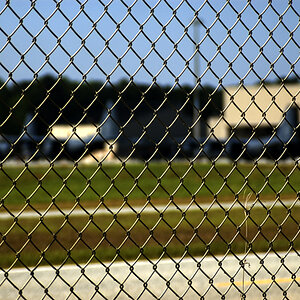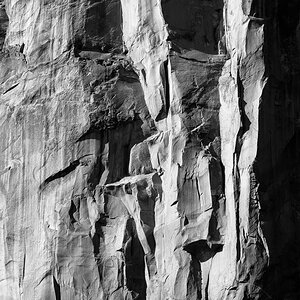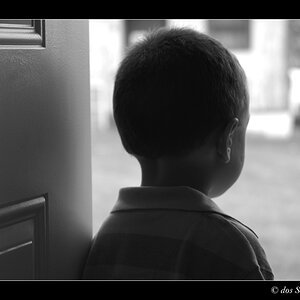Christie Photo
No longer a newbie, moving up!
- Joined
- Jan 7, 2005
- Messages
- 7,199
- Reaction score
- 148
- Location
- Kankakee, IL
- Website
- www.christiephoto.com
Well.. I know I'm several years behind the curve, but I made the jump to digital about 18 months back. Now I'm troubled by the thought that my images now have a substantialy shorter shelf life.
I think about how I can make a print from a 100-year-old negative. And, if the neg is starting to degrade, I can still get some sort of image.
I've been storing my work on CDs and wonder if when the file starts to degrade, can it be read at all? And that's IF there's still equipment to read CDs in 20 or 30 years!
Has anyone done the research on this?
Thanks!
-Pete Christie
I think about how I can make a print from a 100-year-old negative. And, if the neg is starting to degrade, I can still get some sort of image.
I've been storing my work on CDs and wonder if when the file starts to degrade, can it be read at all? And that's IF there's still equipment to read CDs in 20 or 30 years!
Has anyone done the research on this?
Thanks!
-Pete Christie













